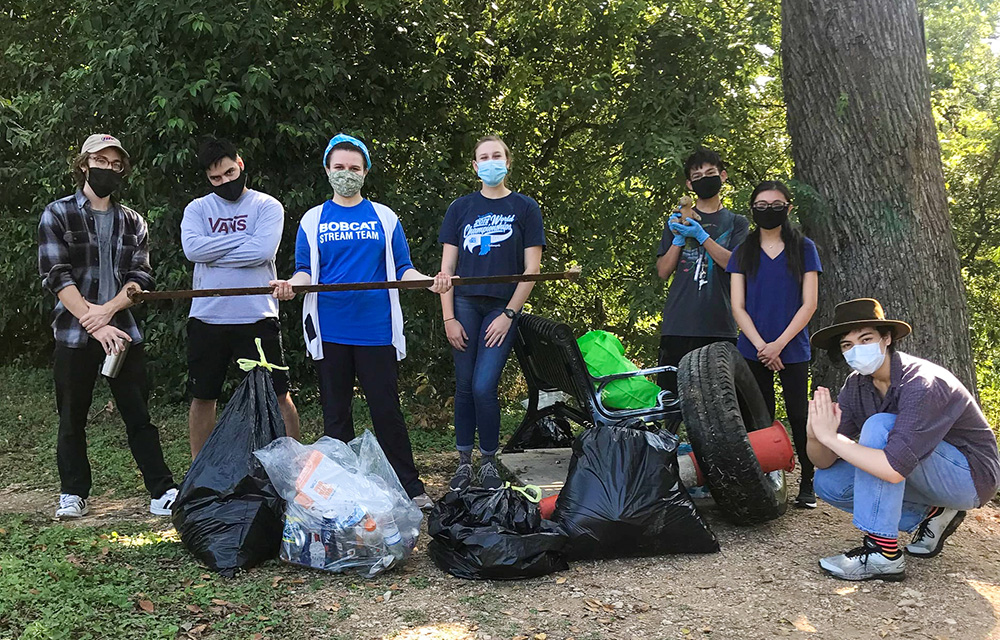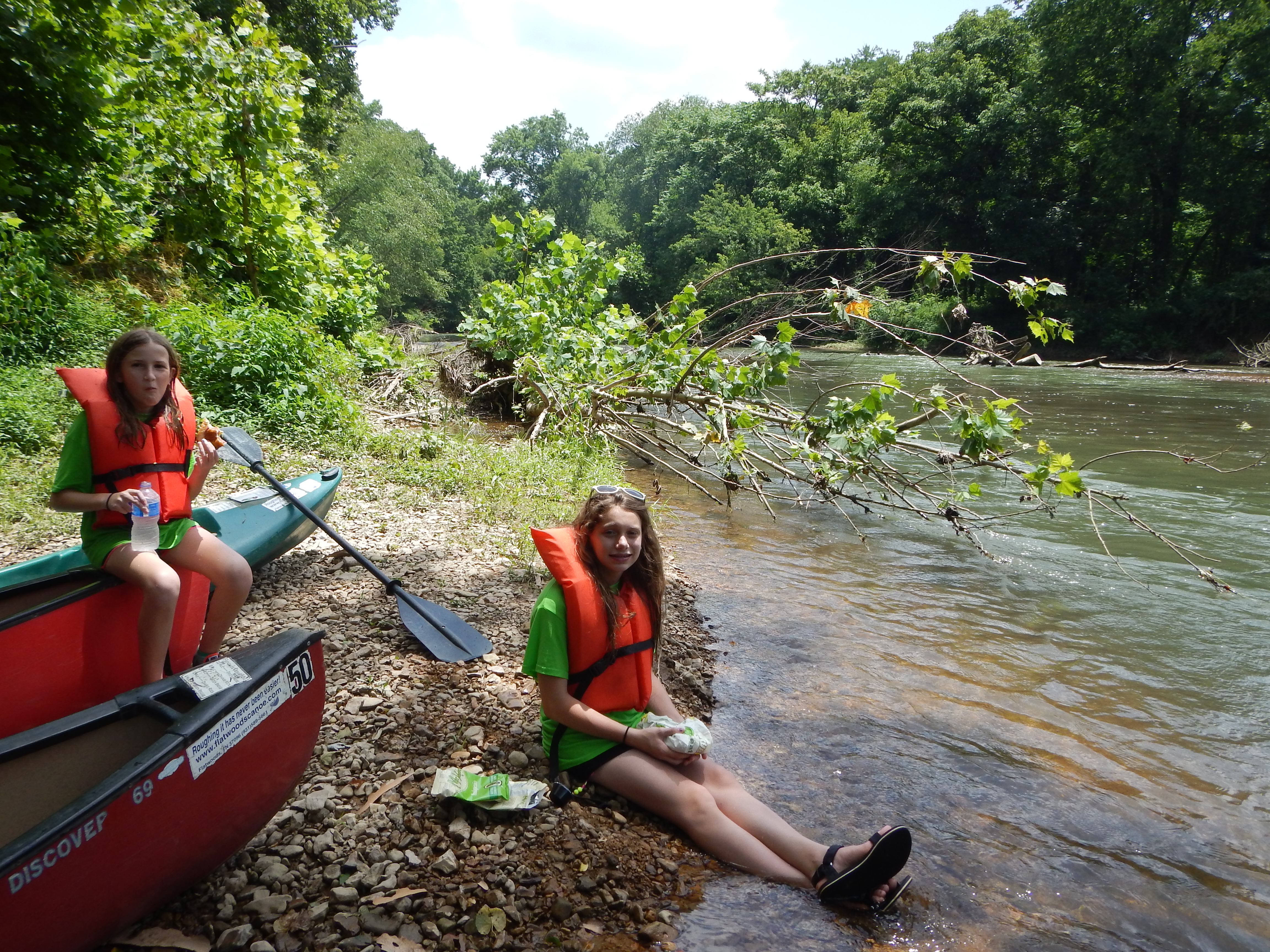

ROTTENWOOD RIVER CLEAN UP HOW TO
Learn more about trapping in Ontario How to help sick or injured wildlifeĭo not approach the animal or try to handle it. Improper use of a live trap which results in animal suffering could lead to animal cruelty charges through the Ontario Society for the Prevention of Cruelty to Animals Act. Unlicensed trapping is illegal according to the Ministry of Natural Resources’ Fish and Wildlife Conservation Act. Trapping and relocating animals doesn’t resolve conflicts with people. If there is suitable habitat, another family of animals will likely move into the same spot.Animals become stressed and could injure themselves trying to escape from a live trap.Babies rarely survive when separated from their mother.Relocated animals could spread disease to resident wildlife population causing other animals to get sick or die.Relocated animals may become involved in territorial disputes leading to injury or death.

Relocated animals have to find food water and shelter in unfamiliar territory.Please don’t trap or relocate wild animals The Ontario Society for the Prevention of Cruelty to Animals recommends using fences, covers, scare devices or taste repellents to keep critters out of your vegetable garden.Keep woodpiles off the ground and enclosed to prevent insects and animals from making nests.Clean out window wells and use a screen to enclose them so small animals don’t become trapped.Fill any holes under stairs with clay or concrete.

Enclose open areas under decks and stairs to keep small animals out.Information and Communications Technology.


 0 kommentar(er)
0 kommentar(er)
